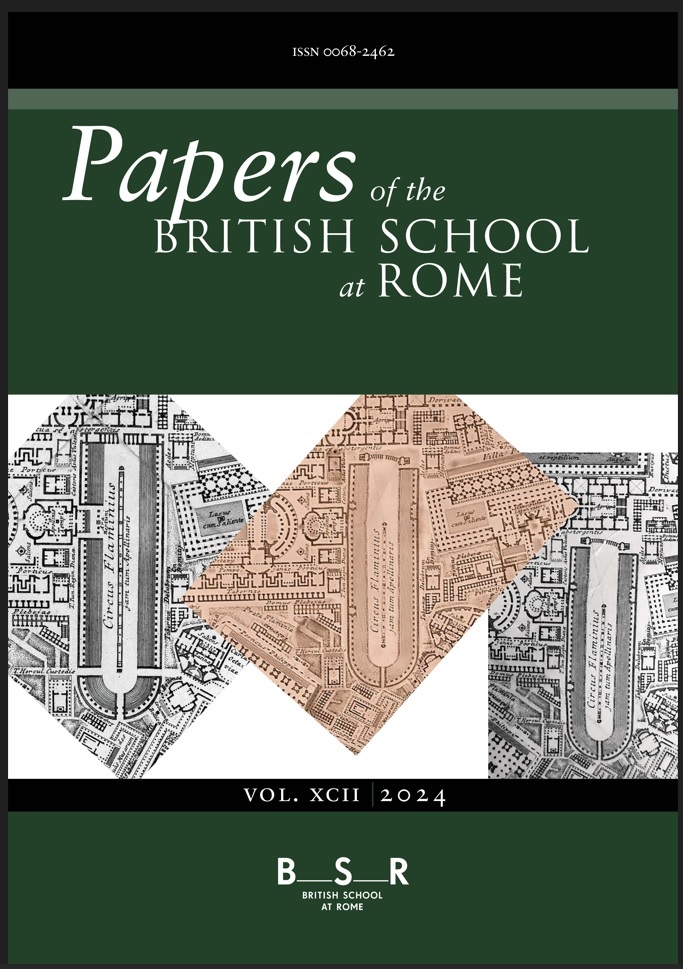During my time as a Rome Fellow at the British School at Rome (2020–21), I researched the experiences of British students who studied at the English and Scots Colleges in Rome between 1603 and 1745. Practising the Catholic faith in England and Scotland during this time period was highly dangerous, and many students who desired a Catholic education had to travel abroad. I chose to focus specifically on the English and Scots Colleges in Rome as two case-studies for how Catholic students experienced migration and education overseas. The central aim of my project was to examine how the studies and experiences of students in Rome informed their national and confessional identity formation. My research focused on two key questions. First, to what extent did students’ education abroad shape or challenge their theological and political beliefs, especially regarding the crisis of the Catholic Church back home? Second, to what degree did their interactions with local communities overseas contribute to their identity formation?
To answer these questions, I spent the majority of my time consulting material at the Historical Archive of the Pontificia Università Gregoriana, the Archivio Storico de Propaganda Fide and the Scots College archive. While my access to archives was significantly hindered by the severity of the pandemic in the autumn, I was able to enter all three regularly from March 2021. At the Gregorian University, I consulted evidence of the curriculum that British students were taught. Although students lived at their national colleges, they trained at the Collegio Romano (the central Jesuit-run educational institution in Rome and the precursor to the modern Gregorian University). The archive of the Gregorian University contains lecture notes, philosophical theses and treatises authored by professors at the Collegio Romano. These sources demonstrate how the education offered at the college created a confessional identity for Catholic students that transcended geographic and national boundaries. At the Propaganda Fide, I researched the experiences of missionaries who had attended the Scots or English College in Rome (as well as those elsewhere in Europe). Many missionaries who wrote to the Propaganda Fide discussed how the education at the national colleges might be improved to aid further the Catholic mission. Lastly, at the Scots College archive, I consulted material related to the administration of the institution, the student body, and the college's response to political and religious developments back home. From this research, I reached the preliminary conclusion that these colleges were critical sites for building a confessional identity that transcended geographic borders. However, they were simultaneously places where national tensions and the problem of what it meant to be ‘British’ were confronted and negotiated on an international scale.
I am incredibly grateful to the BSR for giving me the opportunity to start this new project immediately after the completion of my PhD. From September 2021, I shall take up a Leverhulme Early Career Fellowship at the University of St Andrews, where I shall expand my initial BSR research into a broader cross-confessional project about the studies and experiences of Reformed and Catholic student migrants from the British Isles. I cannot thank enough everyone at the BSR (staff, artists and scholars) for the wonderful company they provided during the duration of my Fellowship. It was truly a blessing to weather the darker days of the pandemic as part of such a welcoming, positive and enthusiastic community.


